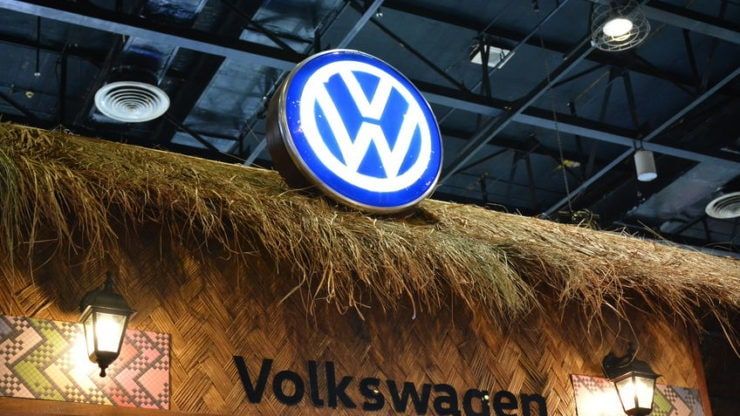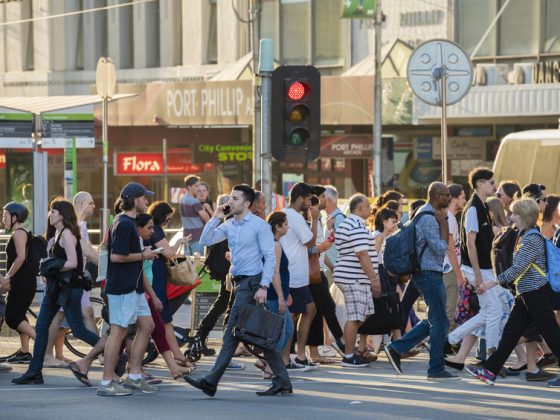Volkswagen has embarked on crucial discussions with its trade unions, initiating a pivotal negotiation phase that will shape the future of the company’s workforce and operational structure in Germany.
These talks, set to begin on Wednesday, come at a time when Europe’s largest car manufacturer is weighing significant layoffs and the possible closure of several plants in the country.
The outcome of these negotiations will largely determine the company’s course in navigating high costs and intensifying competition.
The threat of plant closures, which surfaced earlier this month, has placed Volkswagen on a direct collision course with IG Metall, the influential union representing workers at the automaker.
IG Metall has pledged strong resistance to any factory shutdowns, positioning itself as a defender of the company’s workforce.
Adding complexity to the situation, IG Metall must also secure a new labor agreement for the 130,000 workers employed under Volkswagen’s core brand.
This task follows Volkswagen’s recent termination of employment guarantees, which had shielded jobs at six major production plants in western Germany since the mid-1990s.
Volkswagen’s cost struggles amplified by global competition
Volkswagen has voiced concerns that Germany’s rising energy and labor costs put it at a disadvantage compared to other European competitors and aggressive Chinese automakers who are looking to capture a larger share of Europe’s electric vehicle (EV) market.
This pressure, according to the company, forces it to consider drastic measures, including layoffs and facility closures, despite the longstanding agreements with its workforce.
Germany’s industrial sector, including titans like BASF and Thyssenkrupp, has been grappling with similar challenges.
Soaring costs, coupled with labor shortages, have pushed several major companies to downsize or even contemplate partial exits from the country.
This strain is echoed across the German automotive industry, as evidenced by recent profit warnings from fellow automakers Mercedes-Benz and BMW, both of which have suffered from waning demand in China.
Cavallo to defend Volkswagen workers as talks begin
At the heart of these negotiations stands Daniela Cavallo, head of Volkswagen’s works council.
The 49-year-old, who has long been a staunch advocate for workers’ rights, is set to face off against Volkswagen executives in what could be the most contentious labor discussions in recent memory.
Cavallo, who ascended to her leadership role as the first female head of the company’s works council, is determined to shield the “Volkswagen family” from the looming threats.
The high-stakes talks come on the heels of Volkswagen’s announcement that it may close plants in Germany for the first time, ending a fragile two-year period of calm between the unions and management.
Although tensions had temporarily eased under Cavallo’s leadership alongside CEO Oliver Blume, the automaker’s ongoing struggles—fueled by high operational costs and shifting market demands—have forced these difficult decisions to the forefront.
Cavallo expressed her dismay earlier this month, shortly after Volkswagen informed employees of the potential plant closures, saying:
Unfortunately, I’ve got to admit that this is the darkest day so far.
The breaking of employment guarantees and talk of shuttering factories mark a cultural shift at the company, a development that Cavallo and her fellow union members view as a serious blow to worker security.
Volkswagen maintains that such moves are unavoidable given the challenging market conditions and the high cost of doing business in Germany.
However, the unions remain unwavering in their opposition, preparing for a hard-fought battle to protect jobs and prevent the closure of vital production plants.
As the talks progress, all eyes will be on how Volkswagen and IG Metall navigate this volatile situation, with broader implications for Germany’s automotive industry hanging in the balance.
The post Volkswagen union negotiations begin amid looming factory shutdowns in Germany appeared first on Invezz


